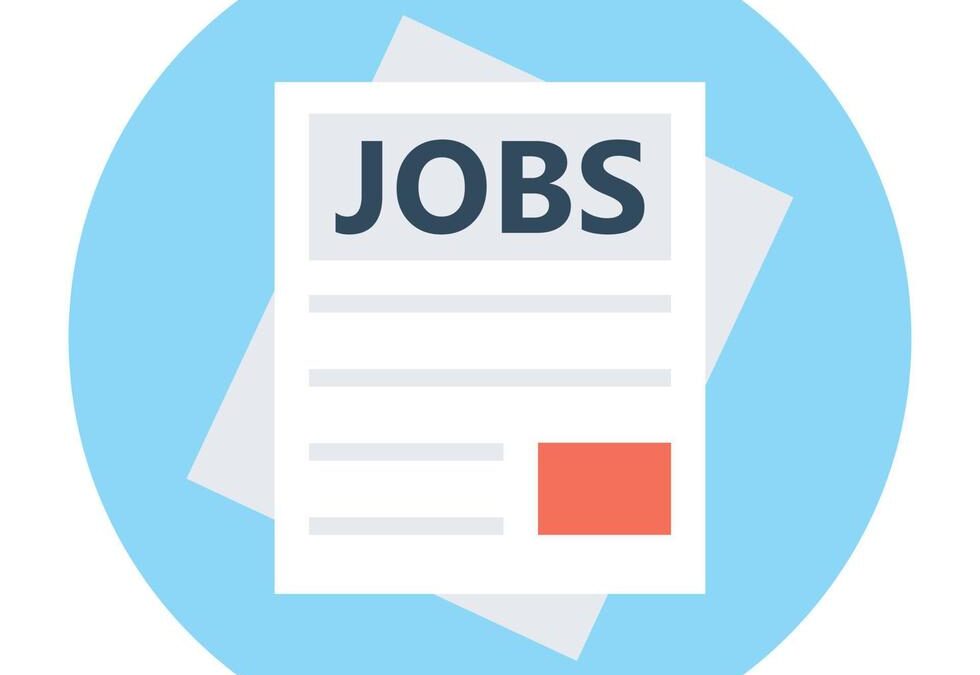
The Company Research you Need to do Before your Interview
So finally you have managed to score that big interview, and are looking forward to cracking it. Apart from all the preparation that you have already put in (LinkedIn Profile – check, other social media – check, a stellar resume – check, great communication skills – check, and everything else!), you also need to be thorough in your company research, or research about the company you are interviewing for. Imagine this scenario – you are interviewing for HP and if they ask you what HP stands for, you should be able to say it without batting an eyelid! Usually, in the larger scheme of things, we miss these details.
That however, isn’t quite acceptable since you are expected to know these things. So what should a thorough company research entail? Read on to find out!
Company Research Tip #1: The Company’s Mission and Vision
One of the most common interview questions that you are almost certain to be asked in any interview is – “why should we hire you?” Well of course for your skills, and everything else that your stellar resume says about you, but how do you put it in a way so that you are sure score? Keep what the mission, vision and values are, of the company in mind while answering this question. Tell them how you think your skills and capabilities are a reflection of what the company’s vision is, and compatible with its mission.
Read up all you can about the company’s mission and vision on its website, and on the various social media pages of the company. While you might have a vague idea, that probably will not suffice to help you come off confident during the interview. Doing this research will also help you do an honest assessment of whether you see yourself as a good fit for the company. And also whether the company is a good fit for you! That is probably the most important factor.
“Every workplace has a set of values that are important to them. Google looks for “ability and determination,” Zappos values “fun and a little weirdness,” and GE fosters “bringing ideas to life.” All are great things to value but quite different. When you’re considering different companies, think about their values and how your personality might fit in.” [Source: Levo.Com]
Company Research Tip #2: The Culture of the Company
It is simply not uncommon to be denied a job for no other reason apart from this – “You don’t seem to be a good fit for the culture of our organization.” And by no means can it be brushed away as a trivial reason. The culture of any company is about all those elements working in sync to sustain it. When you join it, you will be one of those elements. Do substantial research about this and keep asking yourself about how you “feel” about it. The culture of the company will have a direct influence on how you will be made to perceive your job.
Think about whether you would find it as an enabling experience, or whether it is something that would be difficult for you to ease into. Break it down into matching the approach you have towards work, and the approach that the culture of this new company would have. Is it compatible? Having this clarified before you appear for the interview will help you articulate yourself better, and will also put you in a good place where you have enough knowledge for informed negotiations – always a good place to be in.
Company Research Tip #3: What does the news say about it?
Just Google the company you are interviewing with and read up everything that it has been in news for. Remember that will very obviously be assumed that you are interested about the company (hint: you have made it to the interview!), which means you are expected to know the current affairs about the company. Even if you may not be quizzed about it, the knowledge will help you sustain or strike conversations.
Also check the company’s website for the recent news they might have made. Nothing can be more embarrassing than answering a question like, “So are your views on what the reason we were in news for, last week?” with a puzzled expression. Besides, you might also have a few questions of your own. Read up all you can about the company, and its latest news.
Company Research Tip #4: The Financial Health of the Company
While this may be a bit time-consuming, wrapping your head around it can be immensely valuable – for you personally, and for the company. The annual reports of all companies are usually made public on their website – which will help you more or less get an idea about the financial status of a company.
While this may be harder for older and settled organisations, it is comparatively easier in case it is a start-up you are interviewing for. In which case, it is all the more important for you to be thorough about your knowledge regarding the investments and the potential financial health of the start-up, so you have a fair idea about the benefits and risks you may expect from the company. The fact that you have done this homework should reflect in how you speak (but not in an incriminating, or questioning way at all!) during the interview and you will succeed in impressing your interviewer.
Company Research Tip#5: Feedback from ex/ current employees
It is a good idea to do a bit of (undercover) background research about the company’s culture, ethics and values through its current and even ex-employees. What they have to say might actually play the role of a heads up about your days to come at the company. If you have any friends there, talk to them, or do a bit of research to see if you can find someone who can put you in touch with someone. While doing this though, you might have to be careful. It is a good idea to get feedback from both a current, as well as an ex-employee.
Make a list of questions that you would want to ask beforehand, and keep them handy so you don’t miss out on any. Ask them how fair the HR policy is, what is the leave system like, how their work life balance is, and what their trajectory of growth has been like in the years that they’ve worked there. If it is an ex-employee you are speaking to, ask about why they left. While this information can be very useful, do remember to take it all with a pinch of salt. You can also use platforms such as Glassdoor to check out what the employees of a particular company have to say about it.
6. Company Research Tip#6: A sense of the overall trajectory – past and future
Analyze the growth of the company and get a sense of the overall trajectory of the company since its inception. Once again, this ground work helps not only you in getting a fairly good sense of what you are getting into, it will also impress the interviewer big time. This is important for two reasons, the first being your own knowledge about the company.
The second being, an inkling about how you may expect to grow in the few years you plan on spending there. This you may also bring up during the interview, and speak about how the company is growing and what the next big steps look like. Every company looks for people who are genuinely interested in what they do, and those are the people who get the most opportunities. If you are already one of them, all you need is a bit of preparation for that confidence to shine through.
It is also a good thing to be informed thoroughly about the different departments of the company (even those that may not directly be related to your profile or role). If you know who is going to be interviewing you, chances are, he/she knows a lot more about you than you would probably assume. Maybe you should do your own research on the interviewer as well – you never know how it may come in handy. And once you’ve done all of this, breathe easy because you really couldn’t be better equipped!





